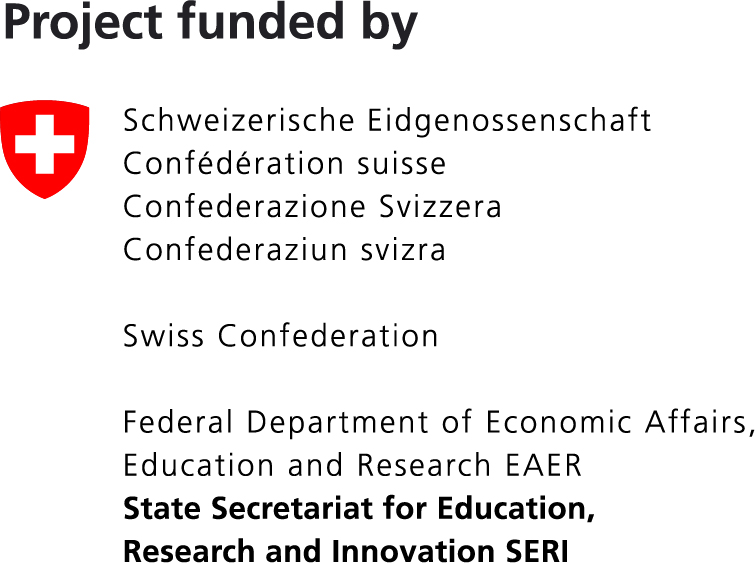MOBILITIES FOR EU Showcases Innovative Research on Smart Urban Mobility at IEEE Conference in Thailand
05 November 2024
Our MOBILITIES FOR EU partners from TU Dresden recently took part in the IEEE International Smart Cities Conference in Pattaya, Thailand, where they showcased innovative research on advancing urban mobility. Researchers Shangqing Wang and Christopher Lehmann presented two pioneering studies focused on the potential of 5G campus networks and bidirectional charging/power grid-based optimisation to transform urban environments, with Dresden as a testing ground. These technologies aim to improve connectivity and energy management, contributing to the development of smarter, more sustainable cities.
The research on bidirectional charging/power grid-based optimisation demonstrates how EVs, equipped with bidirectional charging capabilities and smart charging technology, can help reshape urban energy use. By actively balancing energy demand, EVs can perform “peak shaving” to stabilise grid loads, offering greater grid flexibility and supporting sustainable energy management.
The 5G study highlights the role of campus networks in enabling interconnected solutions for urban mobility. By creating seamless communication across infrastructure and vehicles, the 5G network serves as a central framework to advance urban mobility through electrification, automation, and connectivity.
Read the full research papers, which are both available open-access: Exploring Sustainable Urban Mobility Solutions and Bidirectional Charging Use Cases: Innovations in E-Mobility and Power-Grid Flexibility.
R
Beyond technical innovation, this research underscores MOBILITIES FOR EU’s commitment to collaboration, bringing together experts, policymakers, and researchers to shape the future of urban mobility. As cities worldwide grapple with congestion, pollution, and the need for sustainable transport options, the work from TU Dresden offers a promising path forward. Stay tuned as MOBILITIES FOR EU continues to lead in developing cutting-edge smart city solutions across Europe and beyond.
Read the full research papers, which are both available open-access: Exploring Sustainable Urban Mobility Solutions and Bidirectional Charging Use Cases: Innovations in E-Mobility and Power-Grid Flexibility.


